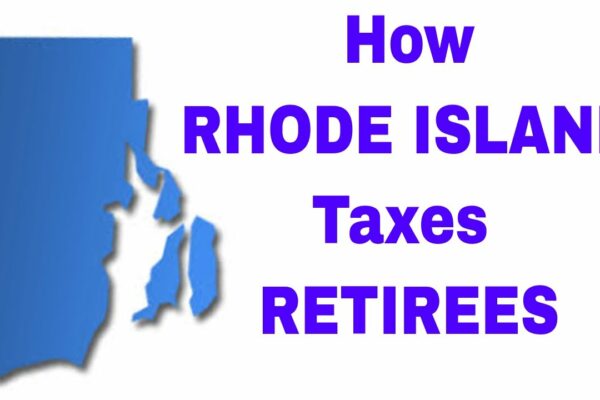Title: Can You Receive Both Unemployment Benefits and Social Security in Rhode Island? Introduction: In Rhode Island, individuals who find themselves unemployed often rely on unemployment benefits as a temporary financial cushion. However, for those who are already receiving social security benefits, the question arises: can one claim both unemployment benefits and social security concurrently? It’s essential to understand the regulations surrounding this matter to ensure financial stability during difficult times. Eligibility Criteria for Unemployment Benefits: To be eligible for unemployment benefits in Rhode Island, claimants must meet certain requirements. These include actively searching for employment, being physically able to work, and being available for full-time work. Those receiving social security benefits should carefully consider whether these criteria can be fulfilled simultaneously. Interplay between Unemployment and Social Security Benefits: While it is possible to receive both unemployment benefits and social security concurrently in Rhode Island, certain limitations exist. The Rhode Island Department of Labor and Training requires claimants to report their social security benefits when applying for unemployment benefits. The amount received from social security may reduce the unemployment benefits or render the individual ineligible, depending on the circumstances. Reduction of Unemployment Benefits: When combined with social security benefits, the total income must not exceed a specific threshold determined by the state. If the combined benefits exceed this





